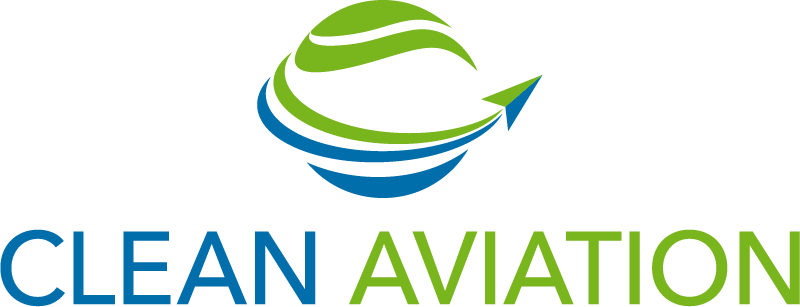The Clean Aviation Programme has announced the 3rd Call for Proposals, set to launch in February 2025, with up to €380 million in EU funding available for disruptive projects aimed at decarbonising aviation. This third phase of Clean Aviation will focus on key areas that will contribute significantly to the transformation of the sector, with the goal of achieving zero-emissions aviation by mid-century.
Areas of focus for the 3rd Call for Proposals:
- Aircraft Concept Integration & Impact Assessment (ACI&I) – €15 million
- Ultra-efficient Short-Medium Range (SMR) Aircraft Architectures – €205 million
- Ultra-efficient Regional (REG) Aircraft Architectures – €145 million
This call will be pivotal in advancing cutting-edge technologies that reduce aviation's environmental footprint. With a substantial portion of the funding allocated to SMR and REG aircraft architectures, the focus will be on developing new, ultra-efficient aircraft designs that significantly lower fuel consumption and emissions.
Introducing Fast Track Areas (FTAs)
In an exciting new development, Clean Aviation is introducing Fast Track Areas (FTAs) with €15 million in funding. The FTAs will focus on accelerating the development of alternative or complementary technical solutions that have the potential to deliver rapid, impactful results in decarbonising aviation. These areas will prioritize projects connected to the SMR and REG aircraft, providing the opportunity for universities, research centres, and SMEs to play a crucial role in the development of these disruptive technologies. The FTAs will also focus on de-risking innovative solutions to help fast-track the implementation process, providing a platform for projects that can make significant contributions to achieving a sustainable aviation sector.
Get Ready to Apply
The 3rd Call for Proposals will be launched in February 2025, and interested parties should start preparing their proposals for submission. For more information and updates, visit the Clean Aviation website.
EASN remains committed to advancing the decarbonisation agenda and is excited to see the next generation of game-changing aviation technologies emerge through the Clean Aviation programme.
